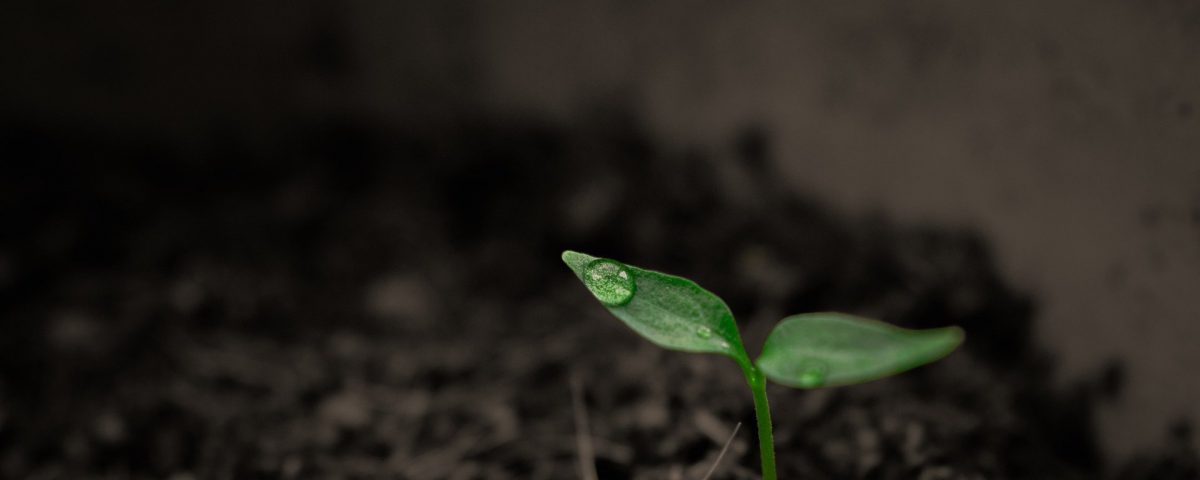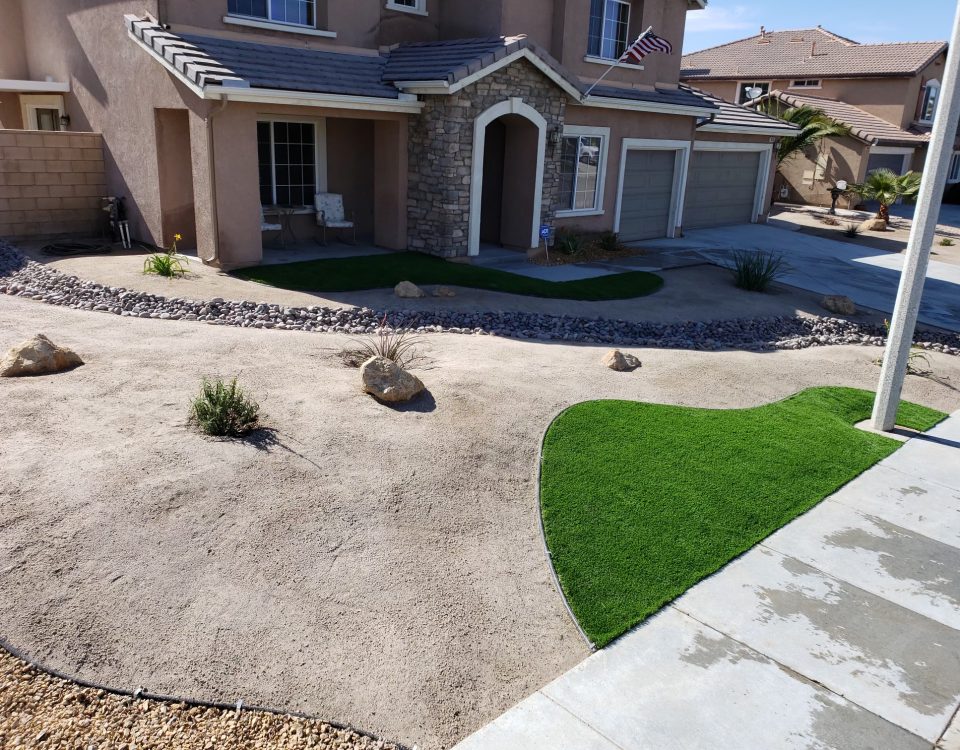- Environmentally Friendly Landscape Supply
- (661) 878-8886

Landscape Lighting
April 8, 2021
When should I use compost soils?
June 5, 2021Vegetables and flowers thrive in well-aerated soil with good drainage. Pumice is one of the well-known products recommended for boosting soil quality. Let’s find out what it is, how it works, and what its benefits are.
What is Pumice?
Pumice is a PH neutral, soil conditioning ingredient formed during volcanic eruptions. After a violent eruption, the magma cools rapidly leaving trapped air bubbles in the formed rock. This produces Pumice.
During the volcanic eruption, Pumice is deposited on the earth’s surface thus making it easy to mine. It requires no processing before use except machine crushing to provide the required sizes. You can access it in extra-fine form or small grain sizes between 1/8” and 3/8”.
Pumice is lightweight and has a porous nature that enables it to retain and regulate moisture. It also boosts drainage and aeration. Although it greatly boosts the soil’s quality, Pumice does not add nutrients to the soil and may therefore be used along with other nutrient boosting products.
Benefits of using Pumice on your vegetables and flowers
Pumice is highly recommended for flower and vegetable gardens as well as flower pots. For small and weak plants, fine-crushed pumice is recommended for use in containers. It can be mixed in ratios of 30:50 or 50:50 depending on how clogged the soil is. Here are some of its benefits.
Pumice minimizes waterlogging
During the rainy season, gardens retain excess water. Excessive irrigation may also cause flooding. This causes waterlogging and can damage your plants if not resolved. Using Pumice boosts drainage and gets rid of excessive water.
It’s great for top-heavy plants
Top-heavy plants tend to tip over and bend, even break at times. Pumice provides the needed support for proper growth and keeps such plants well-rooted and aerated.
Pumice works for all soil types
Unlike fertilizer and other soil additives that are only suitable for select soils, Pumice doesn’t need soil testing and can be used for any type of soil. It doesn’t weaken the soil.
It has minimal trace minerals
Trace minerals are believed to transfer metal content to plants. This can be toxic for edibles like vegetables. Luckily, Pumice hardly breaks down and has negligible amounts of trace minerals. Its main purpose is to boost the soil structure.
Serves well as mulch
While there are multiple options for mulching, few provide the efficiency pumice provides. Pumice mulch is attractive and lasts impressively long. It does not easily wash away or blow away during stormy weather. In addition, it mitigates odors from compost piles.
Recommended for heavy soil
Soil often compacts denying itself the much-needed aeration. Compacting mostly happens when the soil is laden with water. Pumice helps loosen heavy soils and improves aeration, in effect, reducing soil compacting.
Pumice regulates moisture and preserves water
Owing to its porous structure, Pumice absorbs and stores water only releasing it when needed by the plants. This reduces watering needs by over 50%. This porous nature also enables it to retain surplus moisture. This promotes healthy foliage especially succulents.
How to use Pumice
Pumice is 100% organic. As earlier mentioned, it does not need any preparation. Once mined, Pumice is crushed into smaller particles and stored. It can be used in that state without adding more nutrients.
The recommended proportion for succulents is 50:50. Your soil mix should be half Pumice, half soil. For other plants, as little as 10 percent Pumice will be enough to cause change.
If you plan to mix Pumice with nutrients, soak it first in a nutrient solution. Leave it to activate for a minimum of 24 hours and then mix with soil.
Overall, whichever way you prepare, Pumice has no negative effects. It’s already being used largely in making household items such as cosmetics, pencil erasers, water filters, and kitty litter.


